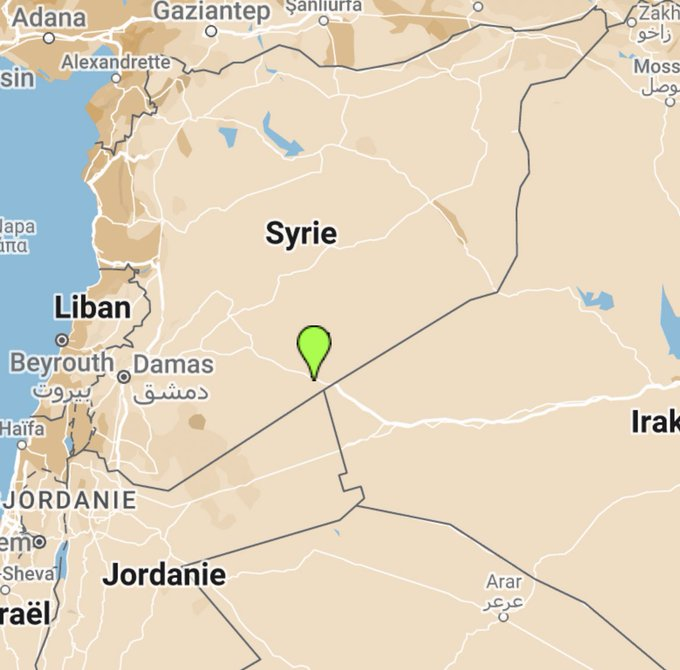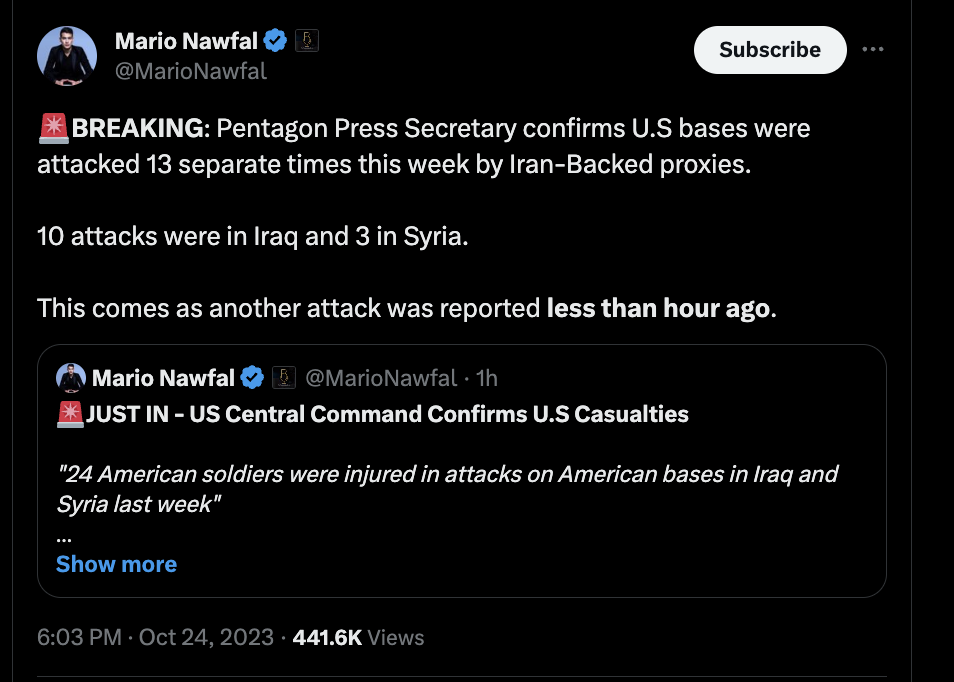You have some excellent points there. And no I certainly did not skip any of it. I literally live and breathe historical weapons tech discussions.
Even with the dust cover issue aside though, bolt action rifles of the 1890s-1940s are still noisy to a degree. The different models produce distinct sounds when being operated that trained observers can tell what types of rifles are being used. And when you are using bolt actions like the PLA was using in the early phase of Vietnam facing off against an entire enemy army that is pretty much a special operations force having been hardened in 10 years of guerrilla warfare less than 6 years prior, that is absolutely bad news, add in to the fact that much of the Viets are using M16s and AKs.
The 'Type-38' or san ba si, is a general term in China that is used to describe all variants of Japanese infantry rifles as at one point, the country had been flooded with such a vast quantity of them that farmers carrying rice to markets were using them as shoulder poles for load balancing up to four 30lb sacks trekking on foot for miles. The 99, or jiou jiou si, referred to the squad light machine gun, a vast quantity which are also present, some in national storage, and a much larger number in civilian hands and never turned in. There are still Type 38s, 99s, both rifles and LMGs, and 44s stored in arsenals all over the country at this moment as they are constantly being used for movie and epic TV series production projects.
Like you said in another post, logistics failures are a common problem in modern armies outside of the western sphere and logistics is precisely what fucked up the PLA so horrifically in the 1978-81 Sino-Viet War. An entire cadre of senior PLA officers were virtually wiped out by Beijing central leadership in the wake of the war. Some serving excruciating prison sentences, others banished far out to the penal colonies in Xinjiang and Tibet, put to work on grueling railroad and road construction projects high in the mountains. And others stripped of all their honors and their names disgraced. If they had been featured in patriotic murals, their individual depictions were powerwashed out of these pictures. Even to this day, online discussions of the Sino-Viet War is still considered a sensitive topic because it exposed the PRC military infrastructure's woeful lack of preparations and organizing for a large scale peer war and on sites like the Sino Defence Forum and it's sister board the Chinese Military Forum, threads started about the war gets locked very quickly by moderators or heavily edited to censor out any posts that talk about the logistics and communications failures which had led to such staggering Chinese losses in the conflict.
On a side note, the regional politics of the area at the time of the war are also far more complicated. The war itself stemmed from a devastating and fateful decision that Mao Zedong had made in 1974, when he was still Chairman despite suffering from advanced dementia, a decision that will forever stain the reputation of the PRC. During that time, the murderous Khmer Rouge regime of Pol Pot in Cambodia had exploded into power and the PRC made the fateful choice to side with the Khmer Rouge and provide them with materiel aid. Mao Zedong went even as far as to try to shame his contemporary and ally Vo Nguyen Giap of Vietnam for not supporting the Khmer Rouge and called him a 'reactionary'. And you can imagine how pissed Giap got when that happened. For all their claims of being the "first and foremost leader of military intelligence", the PRC should have, and would have known of the Khmer Rouge's incredibly bloody purge of it's civilian population shortly after Pol Pot's forces seized the Cambodian capital, but they continued to double down and provide aid to the Khmer Rouge. In 1975, the Vietnamese army invaded Cambodia and toppled the Khmer Rouge regime, to the further dismay of PRC officials who had military and industrial investments in Cambodia already underway. The USSR and China had never been on friendly terms before and the Khmer Rouge saga further drove the wedge between Chinese and Russian diplomacy. Chinese ultranationalists refer to Russians as laomaozhi, or "perpetually drunken ape-men", and to this day, they still argue that China should re-fulfill it's Qing Dynasty era manifest destiny to colonize all of Siberia, which they did partially during the reign of the Emperors Kangxi and Qianlong. A series of lightning wars also broke out between the USSR and the PRC in the 1950s over a chain of disputed islands, leading to hundreds of casualties on both sides. So naturally, when Vietnam's Vo Nguyen Giap openly declared China as it's main opponent in 1975 in the wake of the Khmer Rouge disaster, the USSR decisively sided with the Vietnamese. And in 1976 when Deng Xiaoping replaced the deceased Mao Zedong as chairman and began to institute the economic reforms that led China out of the collectivist period and into the modern capitalist era, Leonid Brezhnev immediately seized the chance to label the PRC as the 'newest reactionary enemy and threat to the Comintern network' and provided large quantities of military aid to Vietnam, knowing that a shooting war between the two would be inevitable.

/cloudfront-us-east-2.images.arcpublishing.com/reuters/WEXPUMRCX5LGLFMVTMT3T5KZ3Y.jpg)







